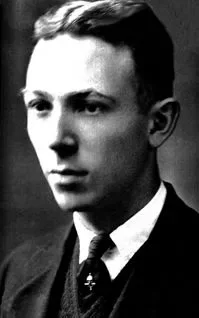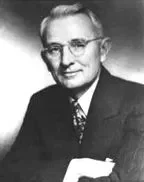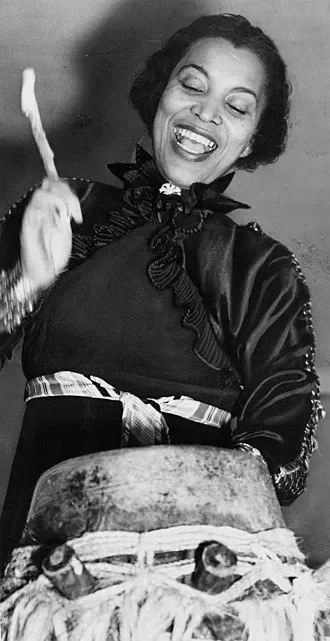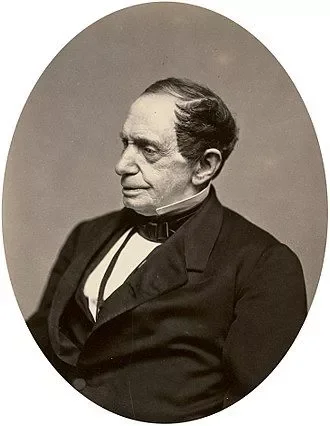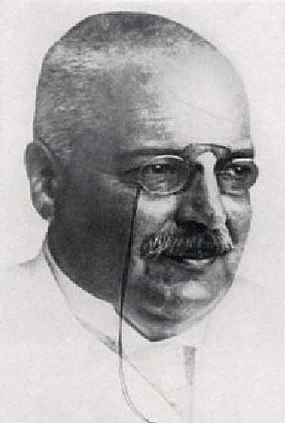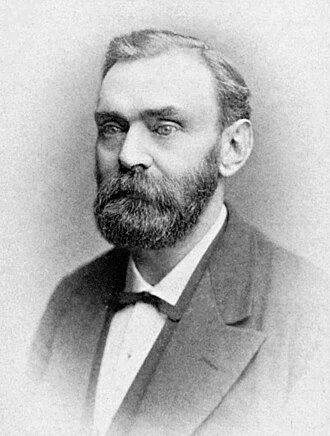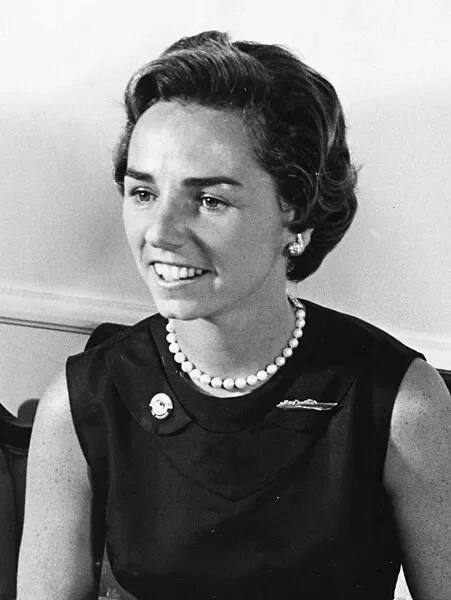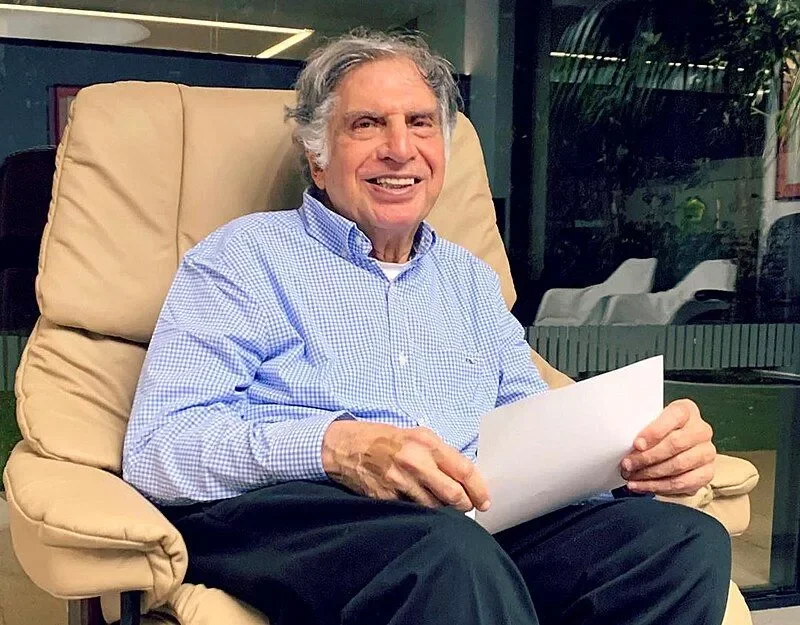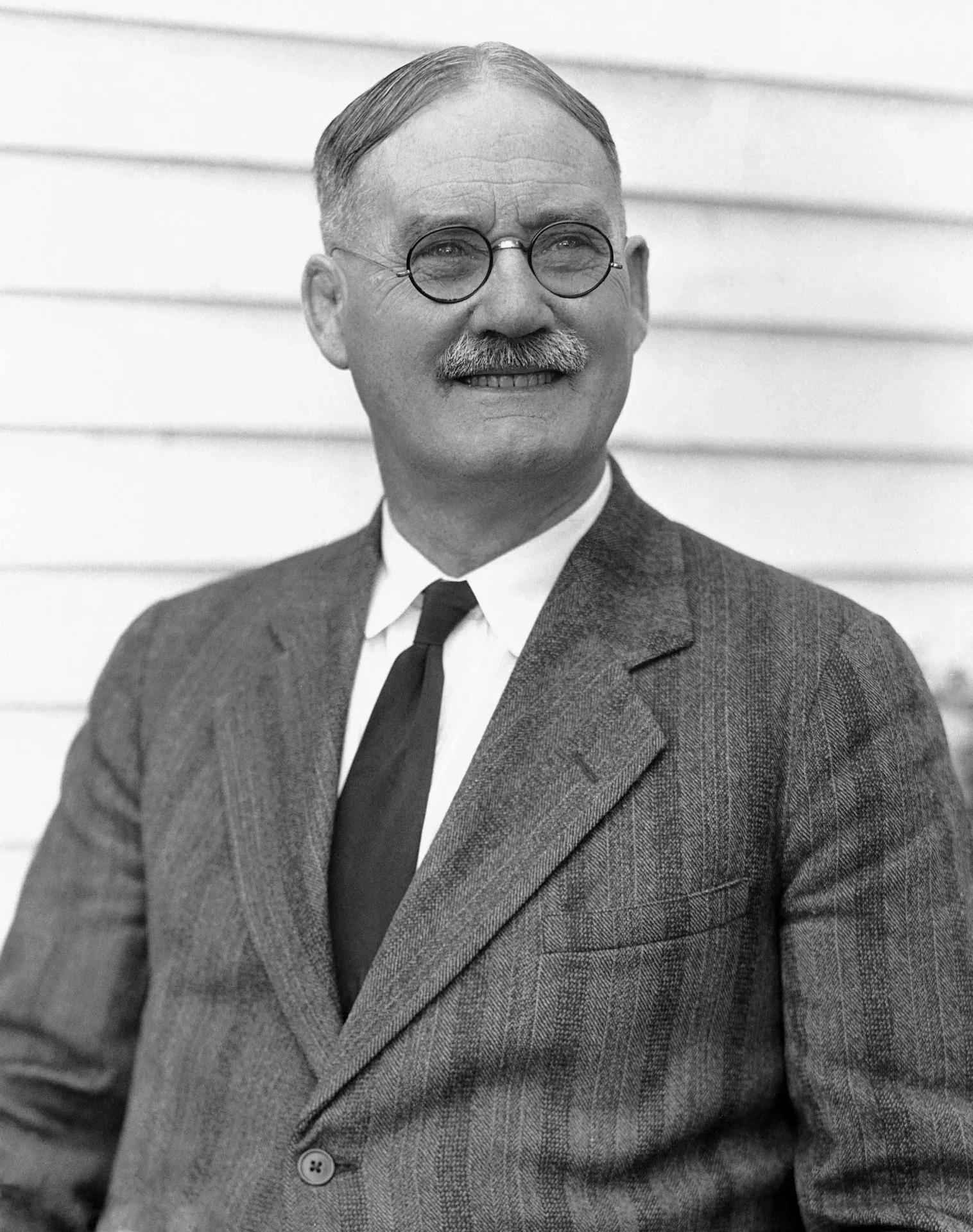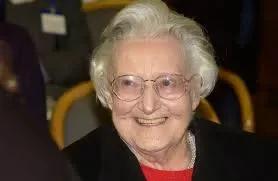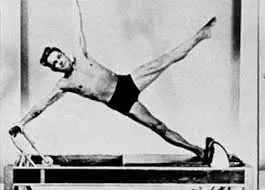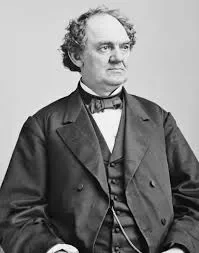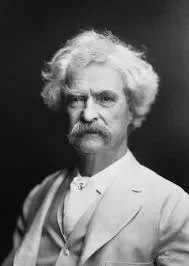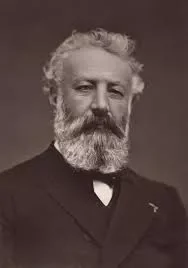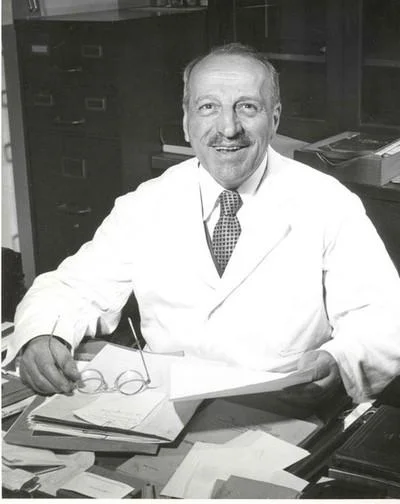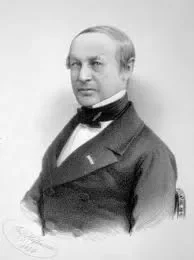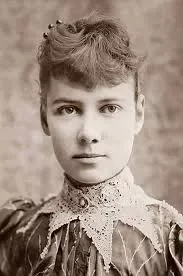Real Celebrities Never Die!
OR
Search For Past Celebrities Whose Birthday You Share
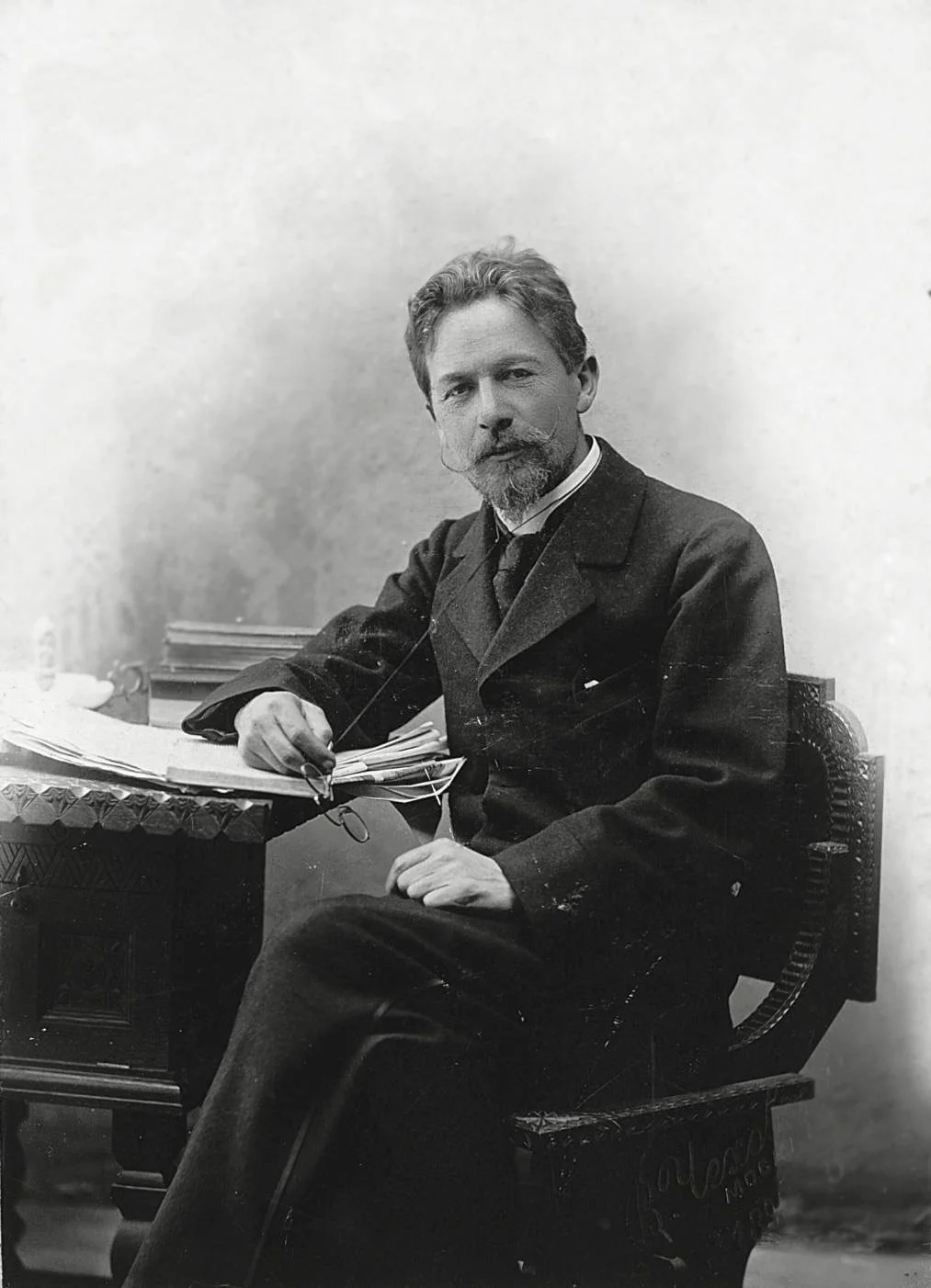
source: wikipedia.org
Anton Chekhov
Birthday:
29 Jan, 1860
Date of Death:
15 Jul, 1904
Cause of death:
Tuberculosis
Nationality:
Russian
Famous As:
Philanthropist
Age at the time of death:
44
Anton Chekhov's Quote's
Introduction to Anton Chekhov
Anton Chekhov was a renowned Russian playwright and short story writer who was born in 1860 in Taganrog, Russia.
Early Life and Family Struggles
Chekhov’s early life was marked by financial struggles. His father worked as a grocer, while his mother shared her love of storytelling with Anton and his siblings. Anton’s family moved to Moscow in search of better opportunities when his father’s business failed, while he stayed behind in Taganrog to complete his studies before joining his family in Moscow in 1879.
Chekhov’s Early Talent for Storytelling
From an early age, Chekhov showed a talent for storytelling through writing. He pursued his education at medical school while supporting his family with his freelance writing endeavors.
Rise to Fame in Literature
Chekov started his career in the 1880s as a physician while also publishing serious works of fiction under his own name. After his stories were included in newspapers and collections like “Motley Stories”, he rapidly gained traction. He gained a lot of success with the story “The Steppe”, which also earned him the prestigious Pushkin Prize in 1888.
Venture into Playwriting
Chekhov eventually ventured into playwriting and developed his own style in the genre. He wrote notable plays like “Ivanov” and “The Wood Demon”, which explored themes of debt, disease, and disillusionment among the educated upper classes.
Mastery of the Short Story Form
Chekhov was well known for his mastery of the short story form. His story titled “The Lady with the Dog” is characterized by its accurate portrayal of characters and situations.
Innovations in Theater
Anton Chekhov also wrote plays that challenged the traditional conventions of theater and introduced a new level of psychological depth and complexity. His works depicted pre-revolutionary Russian society, capturing the timeless struggles and conflicts faced by his characters. Some of his most celebrated plays during this time include:
– “The Seagull”
– “Uncle Vanya”
– “The Three Sisters”
– “The Cherry Orchard”
Collaboration with Constantin Stanislavski
Chekhov collaborated with Constantin Stanislavski and the Moscow Art Theater from the late 1890s, which helped bring his works to life on stage, allowing audiences to enjoy the complexity of his characters.
Personal Life and Final Years
Chekhov married Olga Knipper, an actress at the Moscow Art Theatre. However, his health was deteriorating due to tuberculosis. This didn’t deter him from writing, and he continued to write until his final days.
Death and Enduring Legacy
Chekhov passed away in 1904 at the age of 44 while staying at a resort in Badenweiler, Germany. Although Chekhov’s life was tragically cut short by his untimely death at the age of 44 due to tuberculosis, his impact on literature cannot be forgotten.
Name:
Anton Chekhov
Popular Name:
Anton Chekhov
Gender:
Male
Cause of Death:
Tuberculosis
Spouse:
Place of Birth:
Taganrog, Ekaterinoslav Governorate, Russian Empire
Place of Death:
Badenweiler, Grand Duchy of Baden, German Empire
Occupation / Profession:
Personality Type
Mediator: Anton Chekhov’s abusive childhood led to his strong morals. He was a curious soul who searched for the meaning of life.
Chekhov traveled to the remote prison island of Sakhalin in 1890 to conduct a census and write a non-fiction account of the brutal conditions there
Chekhov was a practicing physician throughout his writing career, once stating "Medicine is my lawful wife and literature is my mistress"
He coined the dramatic principle known as "Chekhov's gun", which states that every element in a story must be necessary and irrelevant elements should be removed
He gave up writing for the theatre after The Seagull was poorly received by the audience in 1896. However, the play became a hit after it was performed by the Moscow Art Theatre.
He wrote over 300 short stories and 14 plays, including masterpieces like "The Seagull" and "The Cherry Orchard", despite dying at the young age of 44
Anton Chekhov won the Pushkin Prize in 1888

